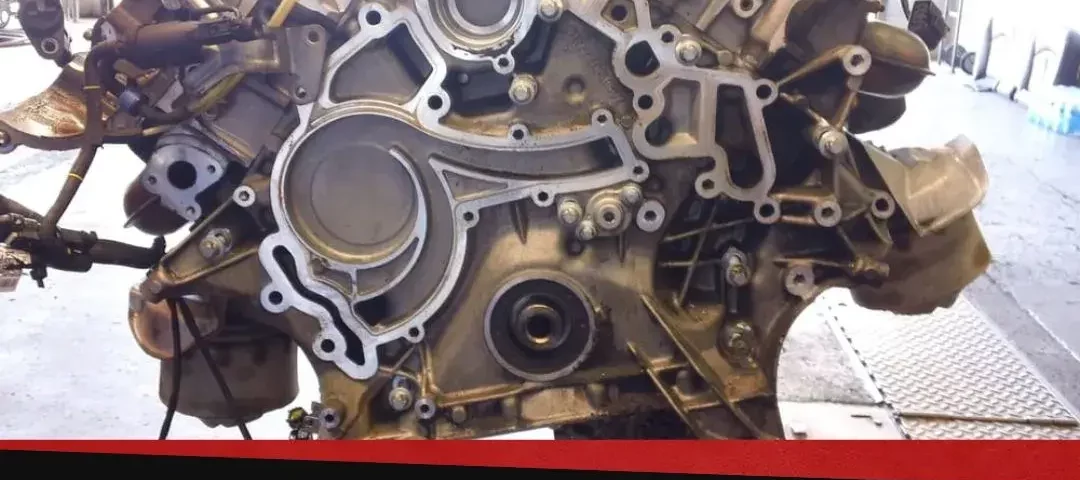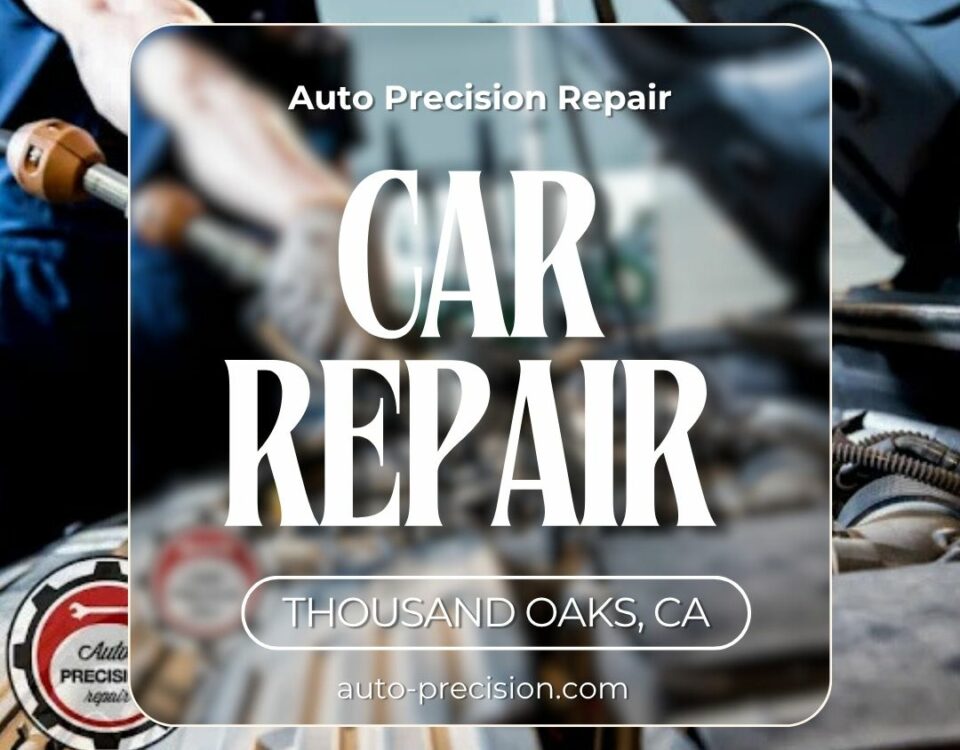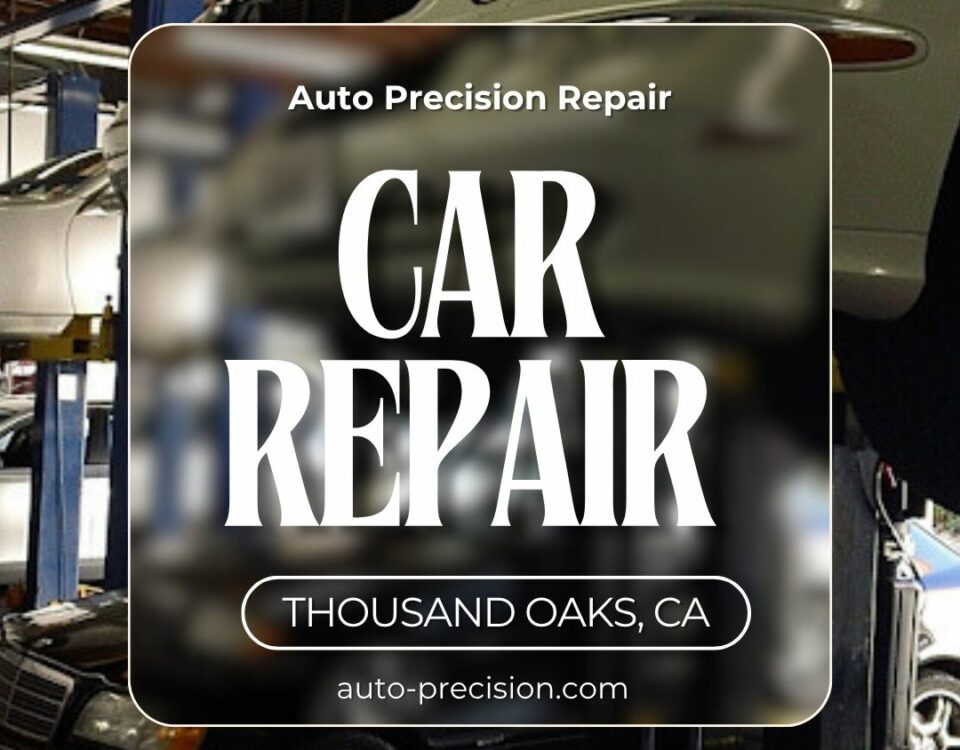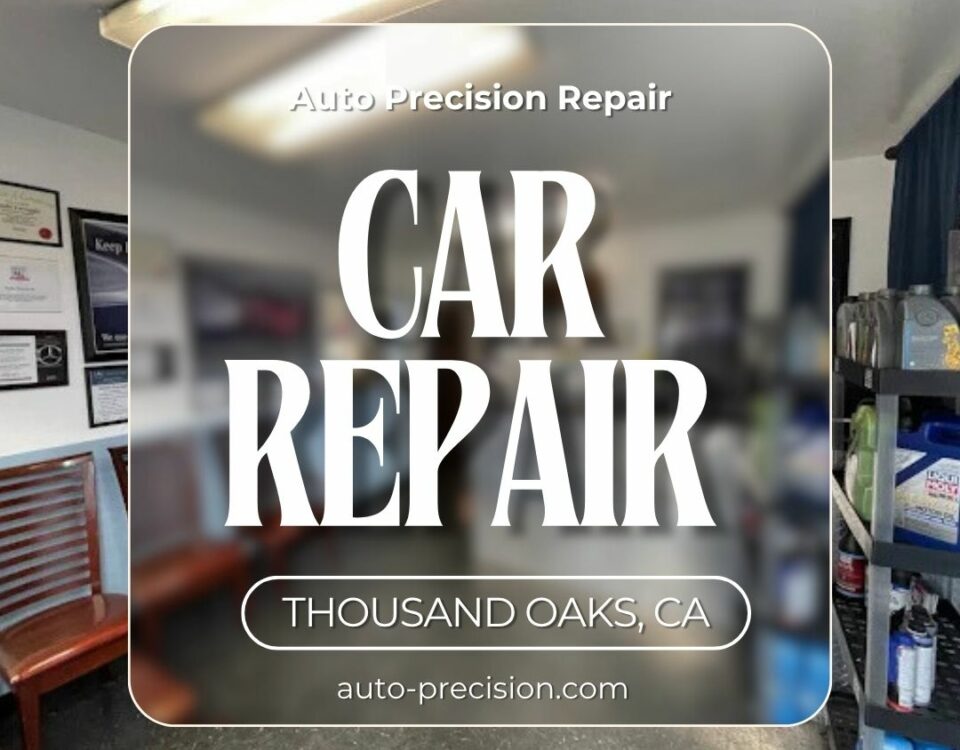
Essential Car Repair Tips for a Smooth-Running Engine
February 5, 2025
Essential Tools for Every Car Mechanic
February 14, 2025Your car’s engine is the powerhouse of your vehicle, and proper maintenance is crucial for ensuring longevity, efficiency, and performance. This is especially important for German vehicles, which are engineered with precision and require meticulous care. Neglecting engine maintenance can lead to costly car repair bills and performance issues. In this guide, we will explore why engine maintenance is essential, the key components to focus on, and how to keep your German car running at its best.
1. Why Engine Maintenance Is Essential for Car Repair
Regular engine maintenance is essential for preventing premature wear, mechanical failures, and expensive repairs. German vehicles, known for their high-performance engines, require routine servicing to operate efficiently.
Key Benefits of Engine Maintenance:
- Extends engine lifespan – Prevents excessive wear on components.
- Improves fuel efficiency – A well-maintained engine consumes less fuel.
- Reduces repair costs – Detecting issues early prevents expensive breakdowns.
- Enhances performance – Ensures smooth acceleration and power delivery.
Skipping regular maintenance can result in poor fuel economy, engine misfires, and major system failures.
2. Essential Car Repair Tips for Engine Maintenance
To keep your engine in peak condition, focus on maintaining critical components that impact performance and longevity.
A. Oil and Oil Filter Changes
Oil lubricates the engine, reduces friction, and prevents overheating.
- Change the engine oil every 5,000–10,000 miles, depending on the manufacturer’s recommendations.
- Use high-quality synthetic oil, especially for turbocharged German engines.
- Always replace the oil filter to prevent contaminants from damaging internal parts.
Neglecting oil changes leads to sludge buildup, overheating, and potential engine failure.
B. Cooling System Maintenance
Overheating is a leading cause of engine failure in German vehicles.
- Check and top off coolant levels regularly.
- Inspect radiator hoses and water pumps for leaks or wear.
- Flush the cooling system every 30,000–50,000 miles to prevent corrosion.
A failing cooling system can cause warped cylinder heads and costly engine damage.
C. Air and Fuel Filter Replacements
A clean air and fuel supply is essential for efficient combustion.
- Replace air filters every 12,000–15,000 miles to maintain optimal airflow.
- Change the fuel filter every 20,000–40,000 miles to prevent clogging and misfires.
Dirty filters reduce performance and increase fuel consumption.
D. Spark Plug and Ignition System Care
A healthy ignition system is critical for smooth engine operation and fuel efficiency.
- Replace spark plugs every 30,000–60,000 miles, depending on the type.
- Check ignition coils for wear and replace if needed.
- Ensure battery terminals are clean and corrosion-free.
Faulty ignition components cause misfires, rough idling, and power loss.
E. Belt and Hose Inspections
Belts and hoses keep critical systems running.
- Inspect timing belts, serpentine belts, and coolant hoses for cracks or fraying.
- Replace worn-out belts every 60,000–100,000 miles to avoid engine failure.
A broken timing belt can cause catastrophic engine damage.
3. Common Engine Problems That Require Car Repair
Even with routine maintenance, engines can develop issues. Understanding these common problems can help you take action before they worsen.
A. Understanding the Check Engine Light in Car Repair
- Use an OBD-II scanner to read diagnostic codes.
- Common causes include faulty sensors, misfires, or catalytic converter issues.
- Address the problem promptly to avoid further damage.
B. Overheating Issues and When Car Repair Is Necessary
- Ensure proper coolant levels and inspect the radiator.
- Check for malfunctioning thermostats or failing water pumps.
- Avoid driving if the engine is overheating, as it can lead to severe damage.
C. Car Repair Solutions for Unusual Noises and Vibrations
- Knocking sounds indicate ignition problems or carbon buildup.
- Rattling noises suggest loose timing chains or belt tensioners.
- Diagnosing early prevents major mechanical failures.
4. How Proper Engine Maintenance Can Reduce Car Repair Costs
Consistent engine maintenance can significantly reduce car repair expenses. Follow these best practices:
- Stick to the manufacturer’s service schedule – German cars have specific maintenance intervals that should be followed.
- Use high-quality parts and fluids – Cheap or incorrect components can harm performance and durability.
- Monitor fuel quality – Use premium fuel to prevent carbon buildup and optimize combustion.
- Perform regular diagnostic checks – Catching issues early prevents expensive breakdowns.
Engine maintenance plays a vital role in preventing costly car repair and keeping your vehicle in top shape. By changing the oil, inspecting key components, and addressing minor issues early, you can extend your engine’s lifespan and maintain peak performance.
Take Action Today:
✅ Follow a regular maintenance schedule to prevent breakdowns.
✅ Use quality parts and fluids designed for German vehicles.
✅ Address warning signs like overheating or unusual noises immediately.
Investing in proper engine maintenance ensures that your vehicle runs smoothly, efficiently, and reliably for years to come.





